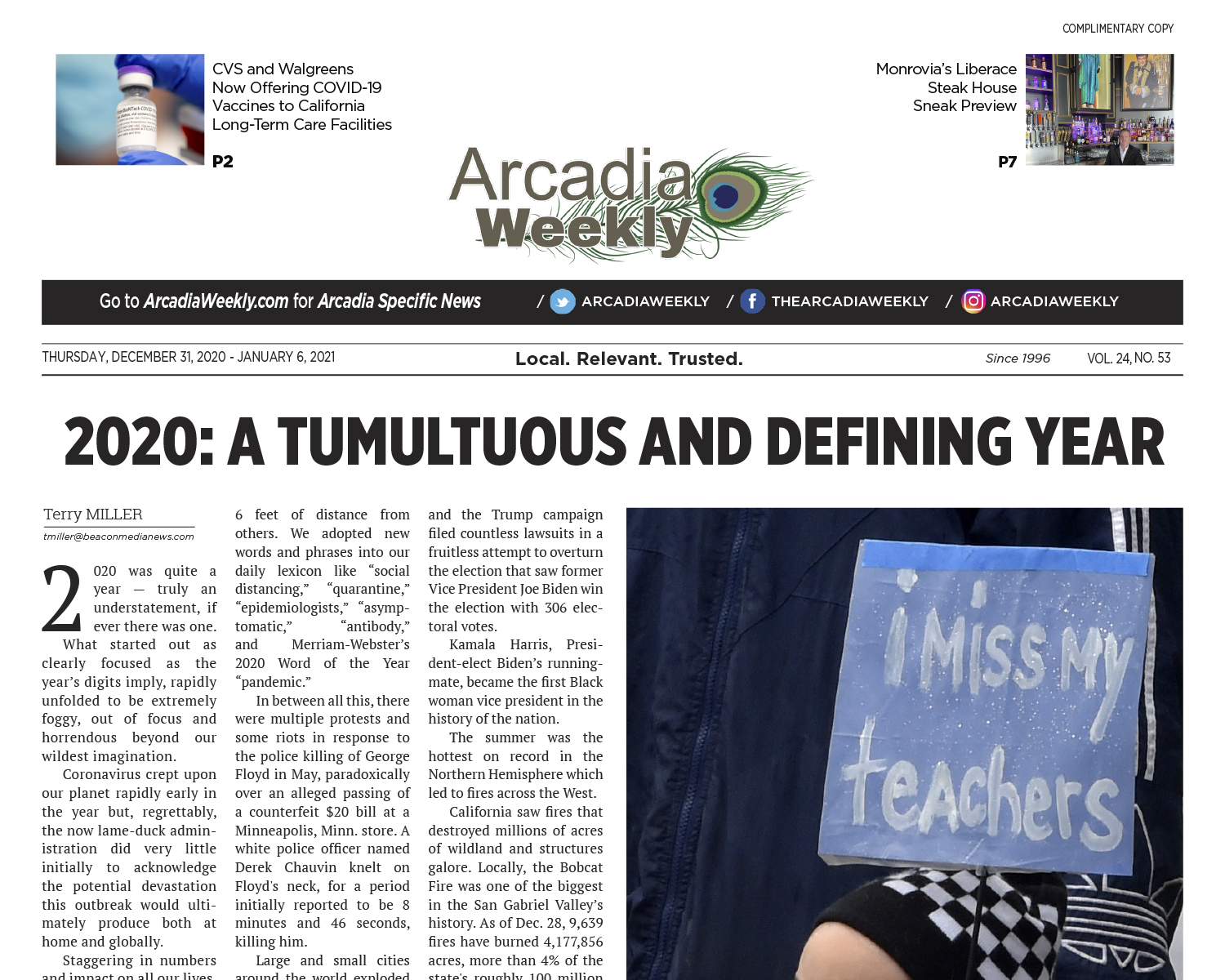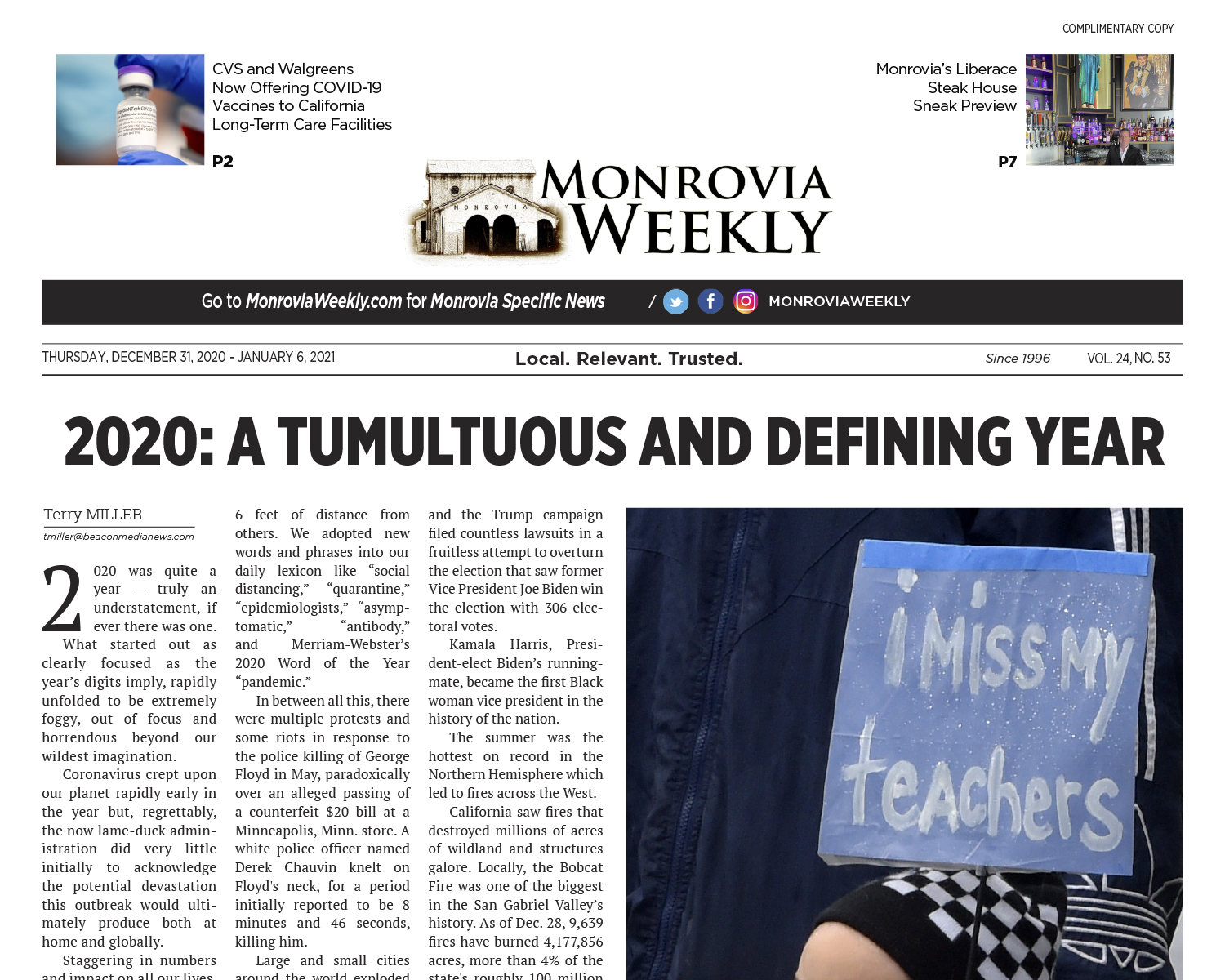
By Angela Copeland
Burnout is not a badge. Yet somehow, we wear it every day as if we may get a prize. Grinding yourself down is not a contest. I wish we could all agree on this.
Productivity at work is the highest when we are rested and when we are taking care of ourselves. Unfortunately, in corporate America, we rarely recognize that. There are days when we are trying to one up each other on how little we’re taking care of ourselves. We like to talk about how we worked on the weekend or how we checked email late at night or early in the morning.
I hope that with the pandemic, we’re collectively having an opportunity to focus more on self-care. But honestly, self-care in 2020 is much more about survival than it is about thriving. It’s hard to take care of yourself when everything is in such a state of disarray.
Unfortunately, even before COVID, burnout had become a way of life. You can tell who is working the hardest based on who appears to be the most exhausted. These are sometimes the same people who are aging faster than others.
A Gallup survey found that the top five reasons for burnout are: unfair treatment at work, unmanageable workload, lack of role clarity, lack of support from the manager, and unreasonable time pressure.
When we think of burnout, we think the burned-out employee must be at fault. But the Gallup survey would suggest we should shift the focus to the employer. If you are a manager, what can you do? Harvard Business Review suggests that satisfaction and dissatisfaction aren’t on one continuum. Managers must consider both satisfaction and dissatisfaction at the same time. When you explain it this way, it makes sense. This would also suggest that burnout is linked to overall company culture. If you are a manager, it’s up to you to make a difference.
If you’re an individual contributor, I believe you also have a role to play. Be transparent with your manager about timelines. Give feedback when things are unreasonable. Push back more. Ask for help. It’s not uncommon for a manager to push until you speak up.
When possible, avoid sending emails on the weekends or at night. You may not think about it at the time, but this creates a negative cycle of internal pressure. When you email a colleague on Saturday, they feel the need to write you back quickly. And, then you will feel the need to write back.
It’s not to say that extra work is needed at times. But, if you push yourself to your limit all the time, you won’t be at your best. You won’t be as productive as you would otherwise be. Burnout is everyone’s problem.
This is easier said than done. But, we have to start somewhere, together. Reducing burnout increases productivity. It increases happiness. And, it will increase employee retention.
Angela Copeland, a career expert and founder of Copeland Coaching, can be reached at copelandcoaching.com.






